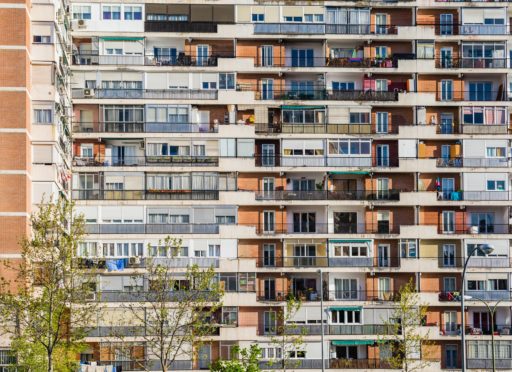New research led by St Andrews University has suggested the Spanish Roma (Gitano) community could be the hardest hit as a result of the current pandemic.
More than 80% of Gitanos are said to live in poverty, with almost 50% having a monthly income of less than €310.
Gitanos experience greater levels of COPD, obesity and diabetes, and are more likely to suffer serious health conditions which may impact whether individuals survive COVID-19. Sub-standard housing conditions in inner-city areas or in slums, residential segregation in purpose-built ghettos, and overcrowding all disproportionally affect the Gitano community.
More than 60% of Gitanos live in multi-generational households, with two or more related families living together in small apartments, which makes the avoidance of contagion through self-isolation extremely difficult. In addition, almost 44% of Gitano men and 27% of Gitano women earn their income through street vending, either in open-air markets or on foot.
The study was spearheaded by social anthropologist Dr Paloma Gay y Blasco from the School of Philosophical Anthropological and Film Studies, and Maria Félix Rodriguez Camacho, from Spain’s Universidad de Alicante. It warns that the Gitano, one of the poorest minorities in Europe with the poorest health and lowest life expectancy, are likely to suffer the impact of coronavirus in extreme ways.





